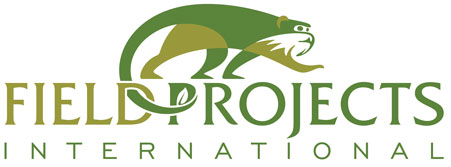Press Room

Press Room
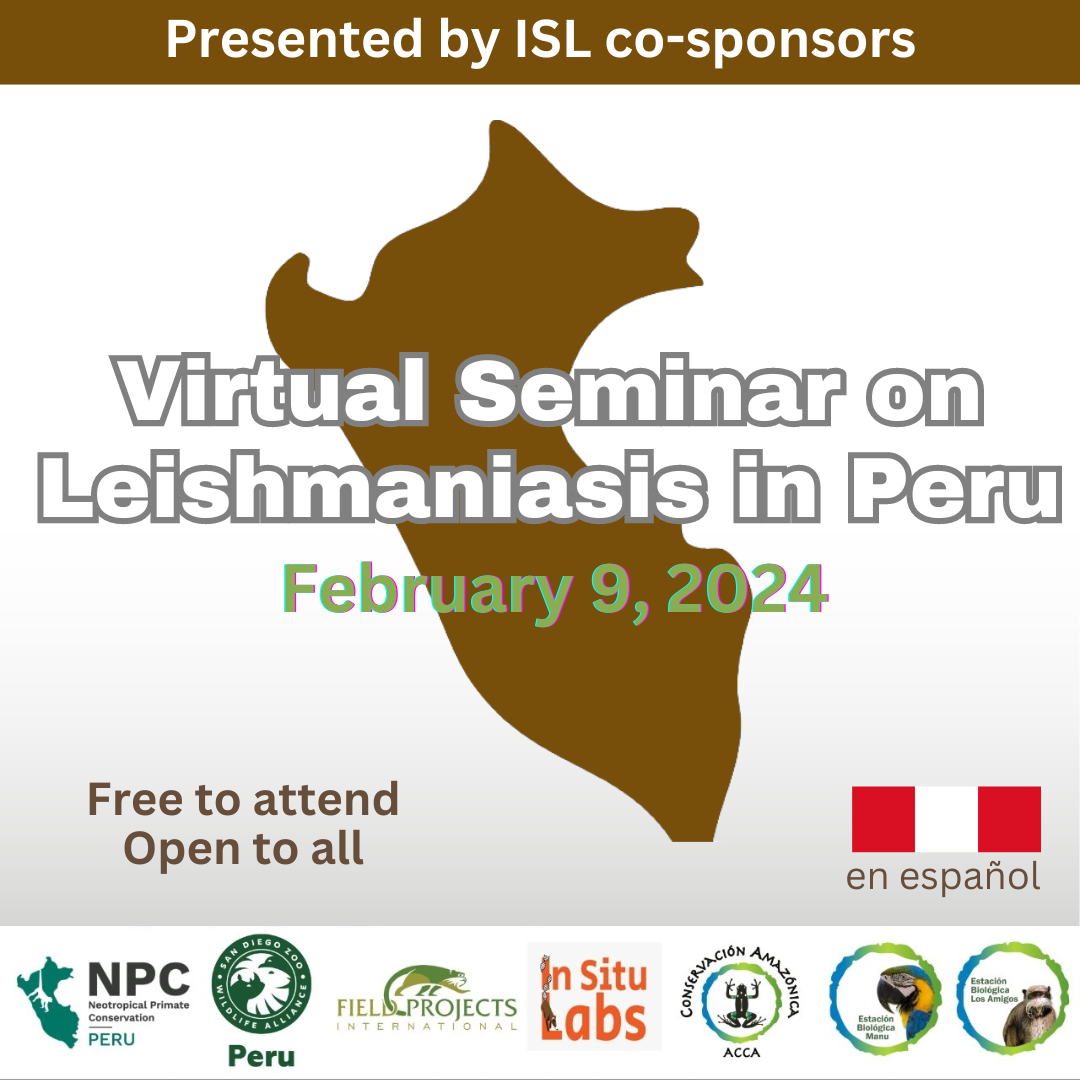
ISL Co-sponsors Present Free Virtual Seminar on Leishmaniasis in Peru
In Situ Labs co-sponsors will offer clinical, epidemiological, ecological, and preventive perspectives on Leishmaniasis from a panel of experts. It is presented in conjunction with co-sponsors of the In Situ Labs initiative, which is focused on building local capacity to monitor wildlife health and disease emergence. Leishmania is of particular interest due to its ability to affect both wildlife and human populations, yet our understanding of its ecology and pathogenesis remains incomplete. Virtual attendees of this panel discussion will learn about the clinical aspects of tegumentary leishmaniasis in Peru, the vectors of leishmaniasis, how the protozoa interacts with the host's immune system, and much more. [Learn more in the press release here.]
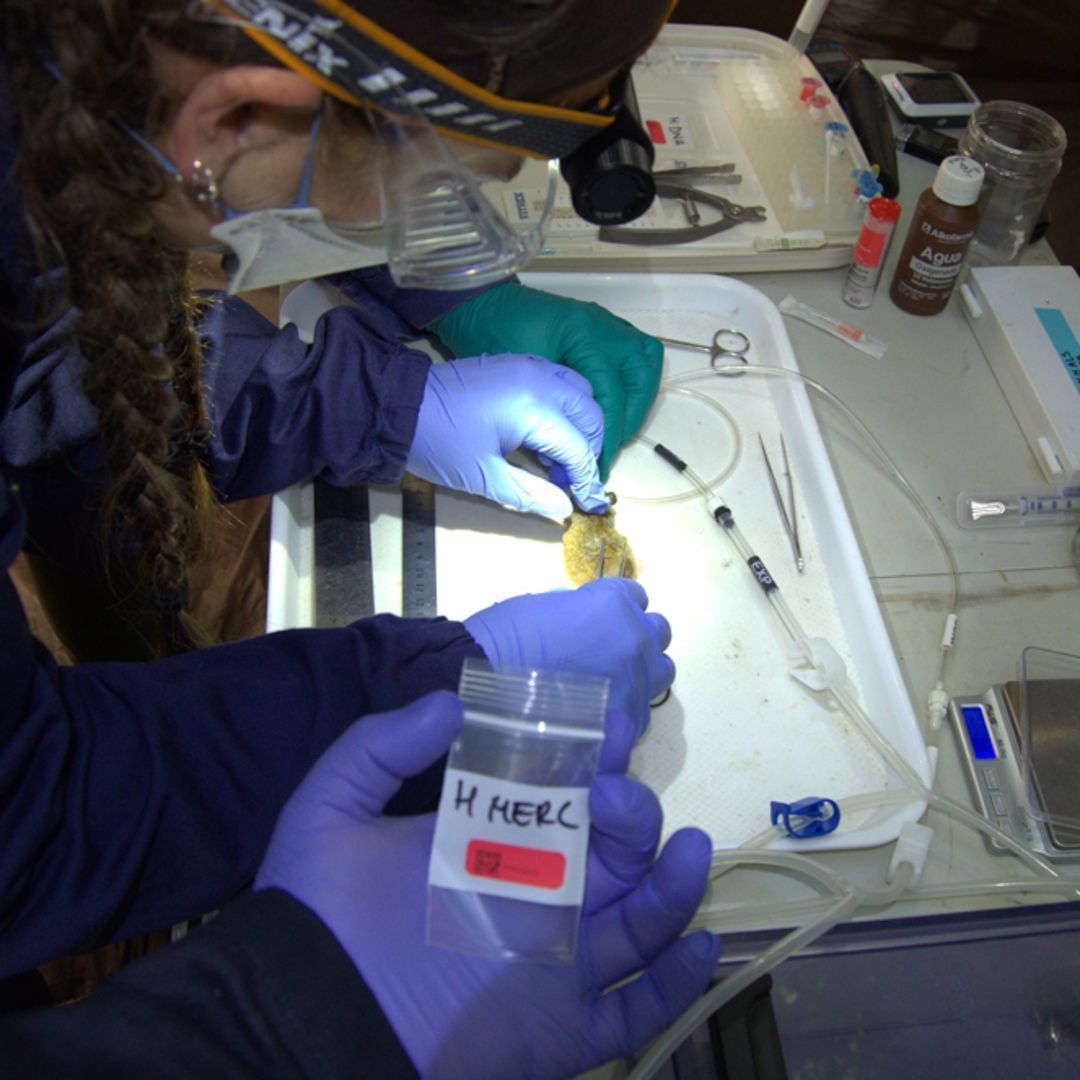
FPI and the SDZWA Discuss the Bioaccumulation of Mercury with Reuters
In an article and podcast about the impacts of gold mining in the Amazon basin by Gloria Dickie and Jake Spring, Reuters reports on the collaborative study of FPI and the San Diego Zoo Wildlife Alliance to study the bioaccumulation of mercury in wildlife at the Los Amigos Biological Station. FPI Co-founder & Director Gideon Erkenswick and Veterinarian Toxicologist Caroline Moore discussed the source of the contamination and emphasized the potential negative side effects of mercury in the environment for wildlife. [Visit their page to listen in.]
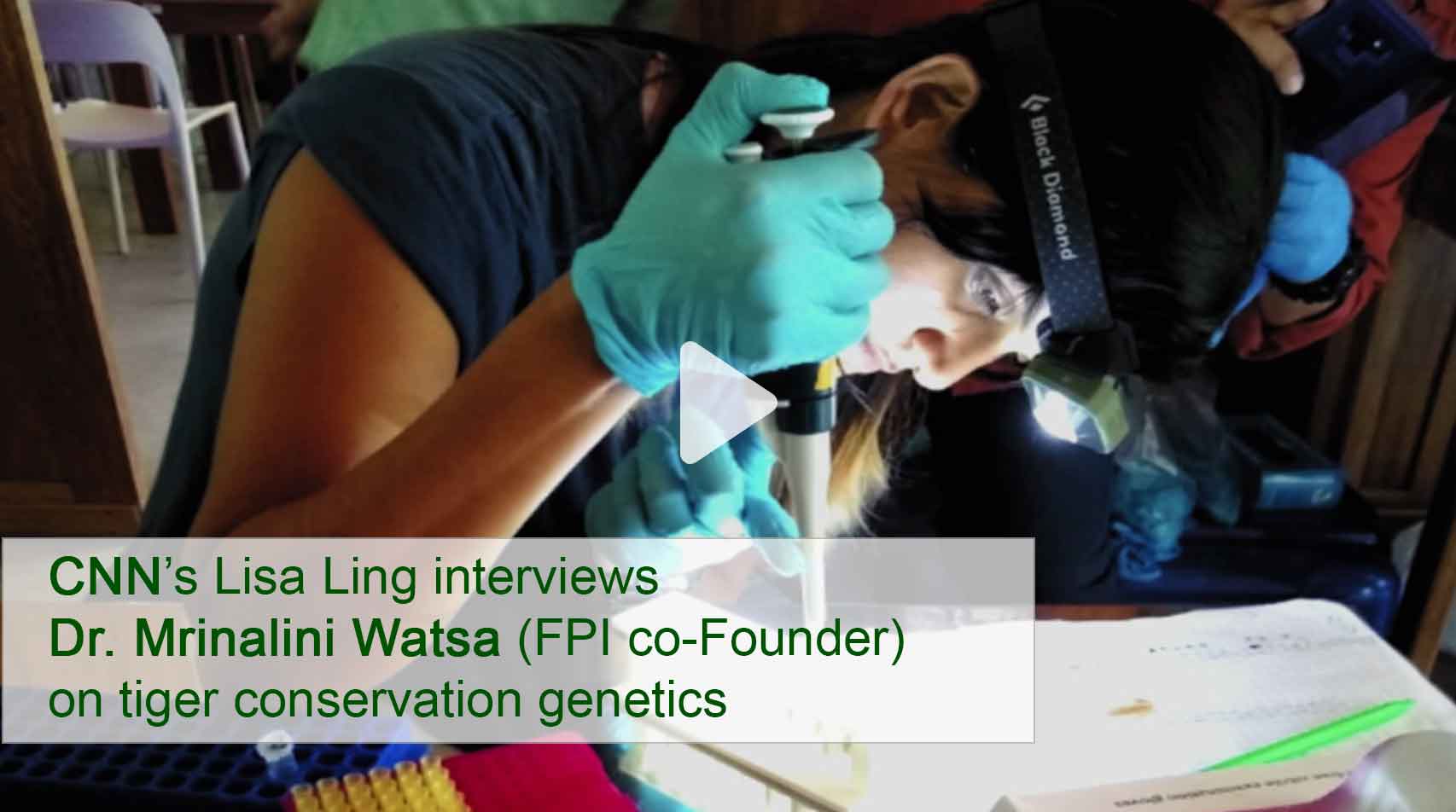
CNN’s Lisa Ling Interviews Dr. Watsa On Tiger Conservation Genetics
CNN — Dr. Mrinalini Watsa, a researcher at San Diego Zoo Wildlife Alliance in California, scoops up soil from a fresh paw print made by Rakan, a 4-year-old male Sumatran tiger who lives at the San Diego Zoo Safari Park, and secures it in a specimen jar. Back in her lab, Watsa analyzes the sample using a small electrophoresis device that’s connected to a smartphone. Jackpot. She’s able to detect Rakan’s DNA in the soil….(VISIT CNN PAGE)
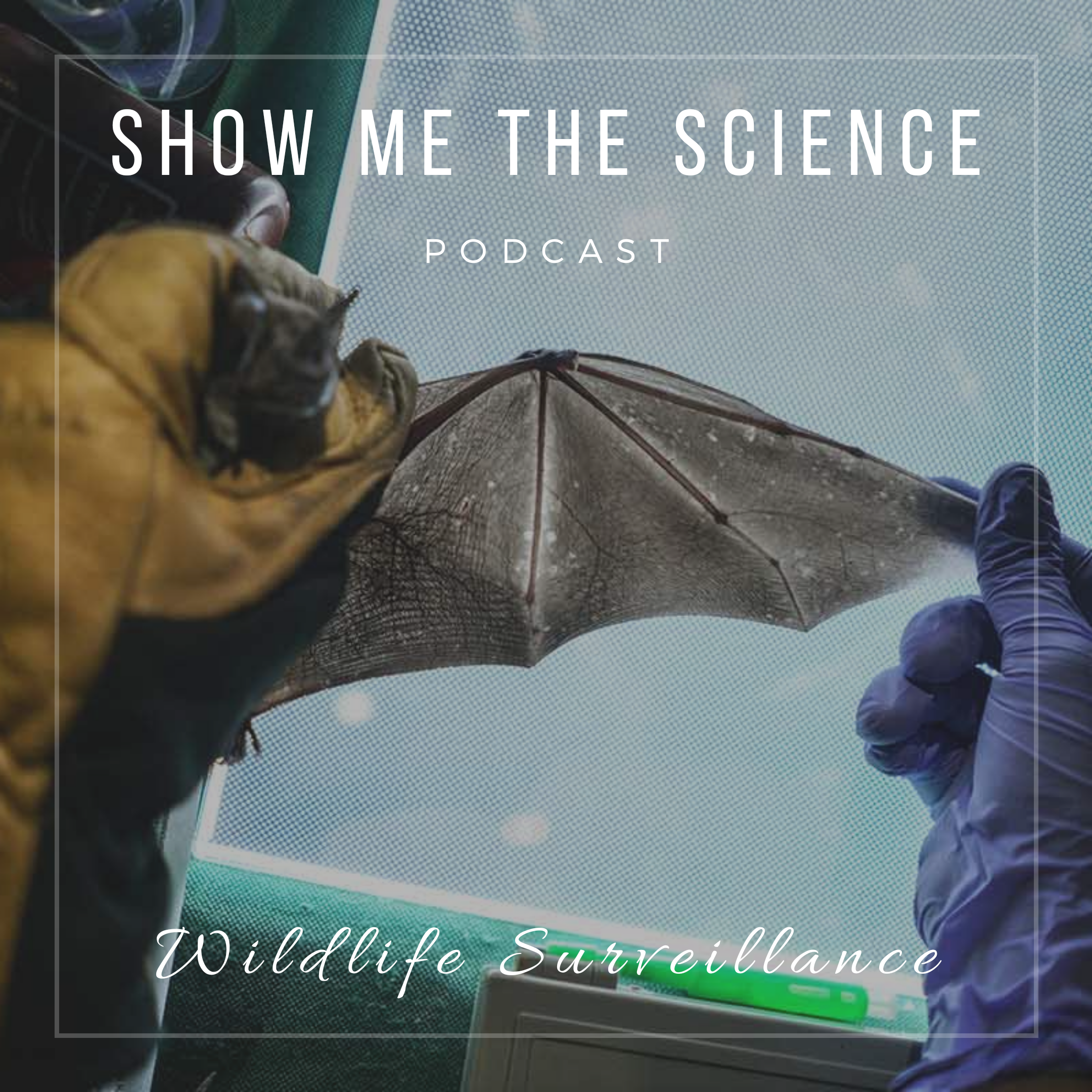
FPI director featured on Show Me the Science podcast
In case you missed it, FPI director Gideon Erkenswick was recently featured on "Show Me the Science," a podcast produced by the Office of Medical Public Affairs at Washington University School of Medicine in St. Louis. This episode focuses on monitoring and identifying pathogens that might jump from animals into humans, and also features Jennifer A. Philips, co-director of the Division of Infectious Diseases at Washington University School of Medicine in St. Louis.
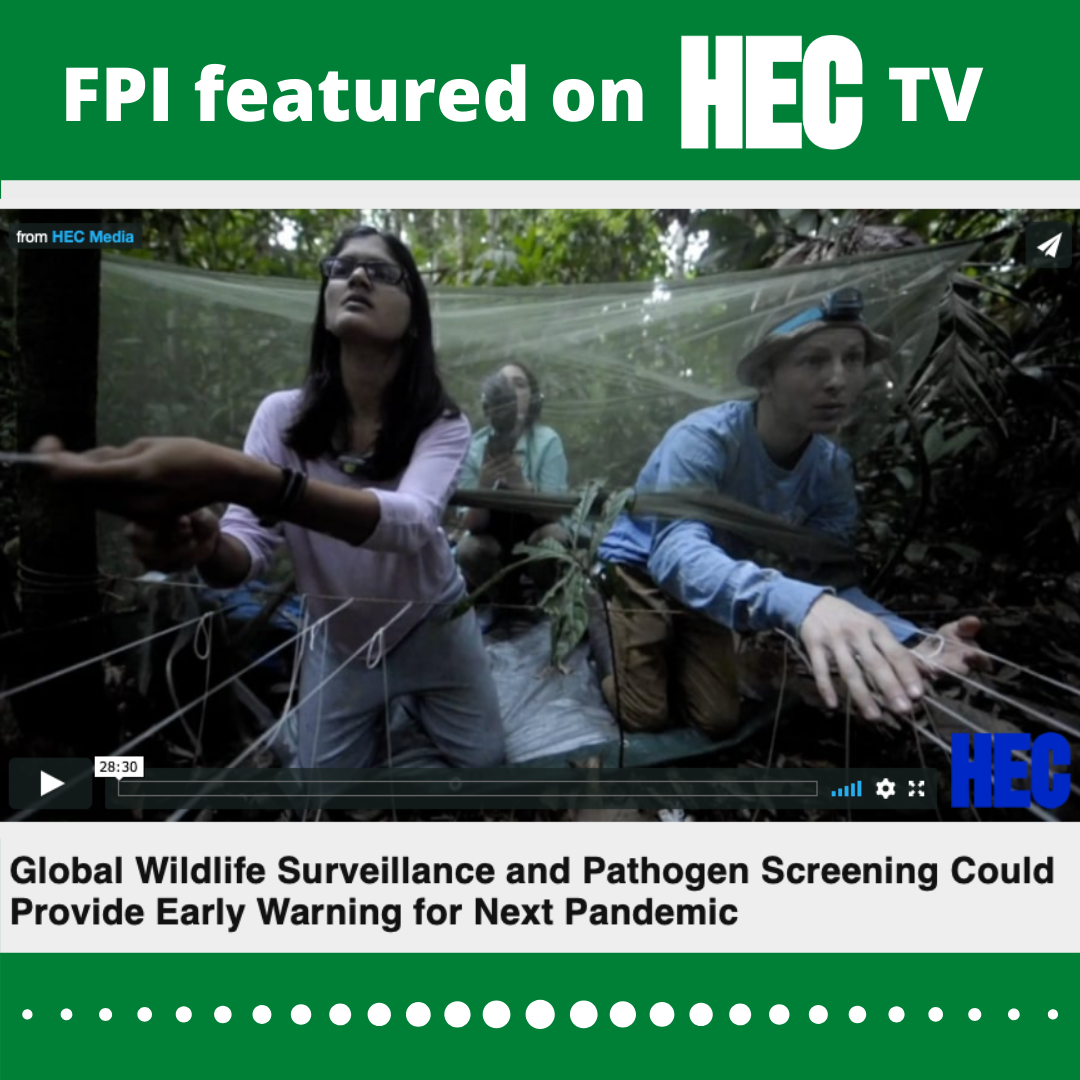
FPI director featured on HEC-TV in St. Louis
FPI's co-founder and post-doctoral research associate at Washington University in St. Louis School of Medicine, Gideon Erkenswick PhD, was recently featured on HEC-TV in St. Louis discussing efforts to expand global wildlife surveillance through building local capacity to collect and analyze data nearer to biodiversity hotspots. He and the co-director of the Division of Infectious Diseases at Washington University School of Medicine in St. Louis, Jennifer A. Philips, MD, PhD, argue that affordable, cutting-edge technology can now be realistically deployed more widely to monitor pathogens at the human-wildlife interface. You can watch the full story here.
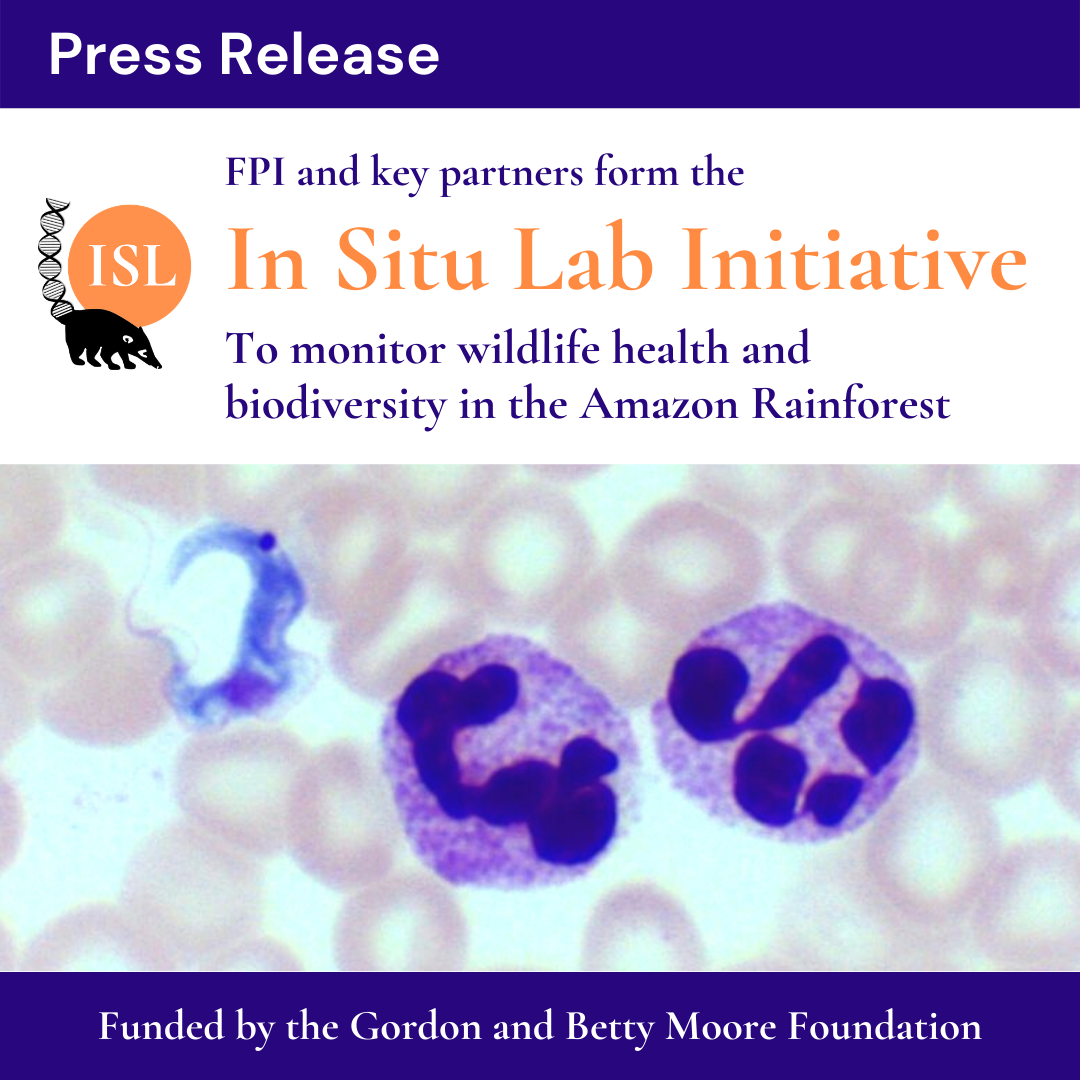
FPI takes key role in new In Situ Lab initiative
Field Projects International will be a core partner in the new In Situ Lab (ISL) initiative, a collaborative project funded by the Gordon and Betty Moore Foundation aimed at establishing a global model for wildlife population surveillance and pathogen screening. Because this project’s primary goal is to build capacity for analyzing samples near to their geographical origin, it has been dubbed the In Situ Lab initiative (ISL), and will develop a biosurveillance model that can be replicated on a global scale. As the first node of ISL, a state-of-the-art conservation technology hub will be installed at the Amazon Conservation Association’s field station in the Peruvian Amazon. This hub will have equipment and infrastructure for field genomics, safe pathogen screening, toxicology, and advanced wildlife tracking. [Read the full press release here.]
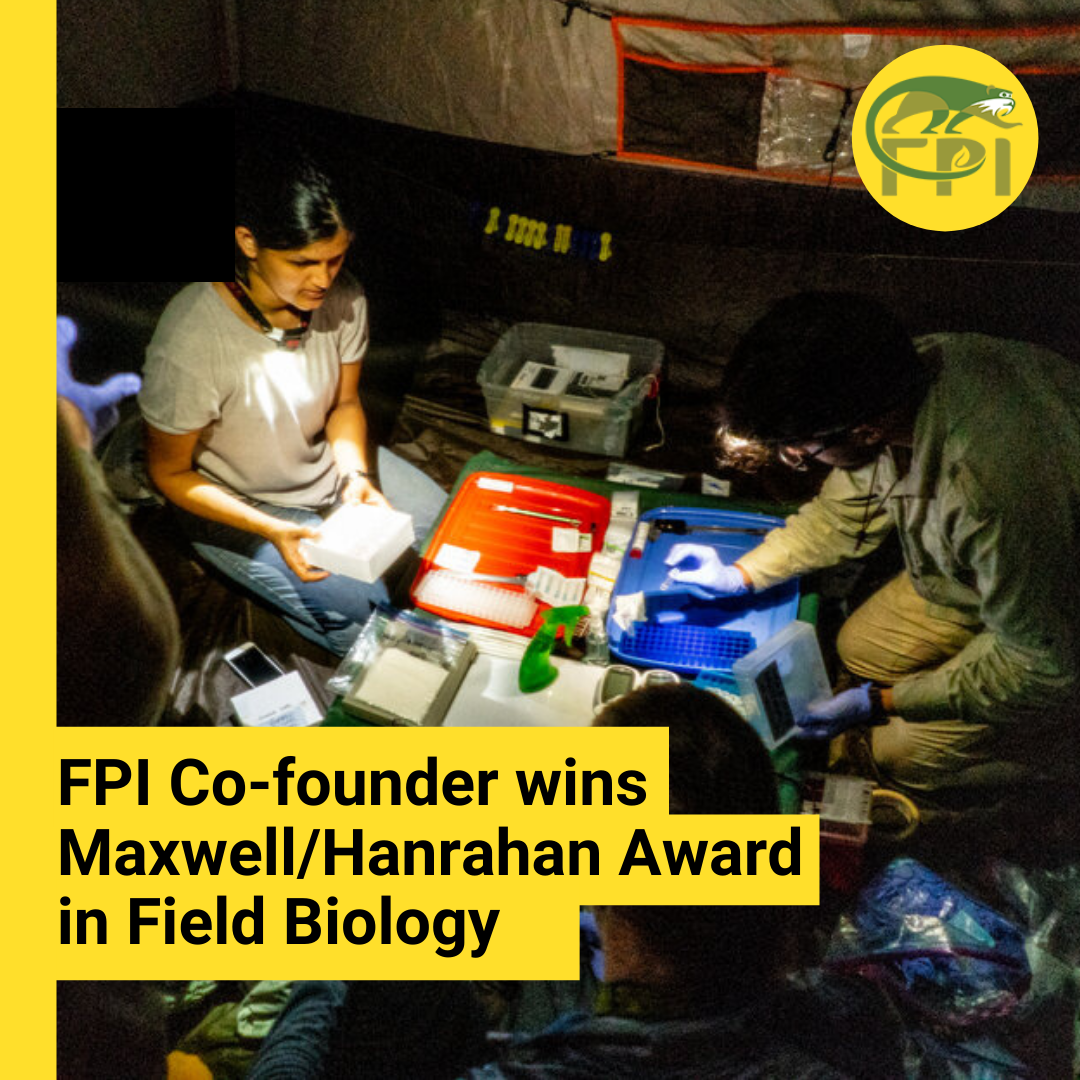
FPI co-founder wins Maxwell/Hanrahan Award in Field Biology
We are extremely pleased to announce that our organization's co-founder, Mrinalini Erkenswick Watsa, is one of the five winners of the 2020 Maxwell/Hanrahan awards. This peer-nominated award aims to advance the work of field biologists by supporting and funding these scientists during important stages of their careers. Dr. Watsa was recognized for her efforts to bring cutting edge genomics to remote parts of the Amazon rainforest, with the goal of studying primate populations and disease ecology while also building local capacity to monitor biodiversity and wildlife health. The award additionally highlights her reputation as an enthusiastic collaborator, not only happily supporting and partnering with her peers, but also demonstrating a passion for training and mentoring the next generation of conservation scientists. [Visit their page to learn more.]
Media Inquiries
All press inquiries should be directed to info[at]fieldprojects[dot]org
Press Releases
- Field Projects International to Play Key Role in New Initiative to Monitor Wildlife Health and Biodiversity in the Amazon Rainforest
- FPI Leads Specialist Group Proposing Large-scale, Decentralized Biosurveillance to Protect Global Health
- FPI Statement on ICE Policy toward International Students
- FPI Statement on Racial Justice and Black Lives Matter
Peer Reviewed Articles
- Click here to see a list of our peer-reviewed articles and other publications in scientific journals.
Location: 443 Old Via Rancho, Escondido CA 92029
Phone: +1 (314) 649-8636
